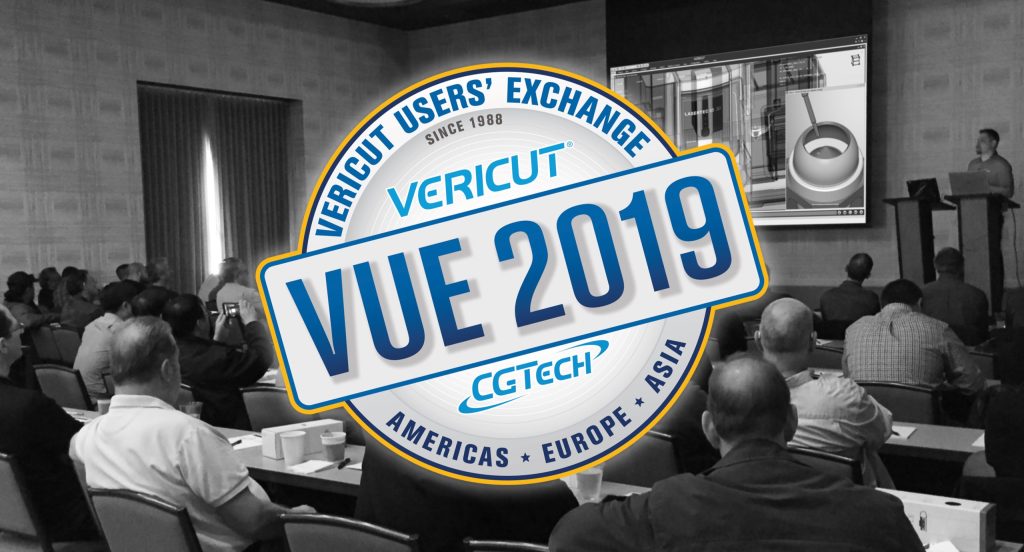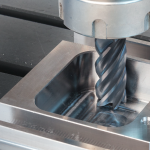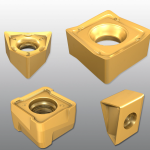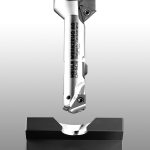CGTech Inc. kicks off 26 North American Vericut Users’ Exchange events
CGTech Inc. kicks off 26 North American Vericut Users’ Exchange events
Irvine, CA, March 13, 2019 – CGTech kicked off the first of its 2019 North American VERICUT Users' Exchange (VUE) events last week in Irvine, CA. At VUE, attendees learn about new software features, tips and tricks for improving manufacturing efficiency, and have the opportunity to express ideas about the future direction of the software. There is no charge to attend.

Irvine, CA, March 13, 2019 – CGTech kicked off the first of its 2019 North American VERICUT Users' Exchange (VUE) events last week in Irvine, CA. At VUE, attendees learn about new software features, tips and tricks for improving manufacturing efficiency, and have the opportunity to express ideas about the future direction of the software. There is no charge to attend.
Each year CGTech hosts many VUE events for its customers. More than 5,000 attendees are expected at 50+ VUE events worldwide in 2019.
This year at VUE, attendees get a first-hand look at the new features in VERICUT 9.0, such as:
• New enhanced graphics – sharper views of the cutting process and enhanced performance
• Improved efficiency – programmers get their jobs done faster, with flexibility to use major functions (like X-Caliper, Section and AUTO-DIFF) in any view, easily switching between Workpiece and Machine views, layouts and docking arrangements.
• Added power and convenience – more and easier ways to section the part, use translucency, streamline setup for toolpath optimization, and significant enhancements for lathe and mill-turn tooling.
VERICUT Product Manager, Gene Granata says, "In addition to seeing the exciting new things coming, another great benefit of attending VUE is that users learn about helpful features available in the software they use today, but may not have been aware of. In addition, they get to meet CGTech staff and share knowledge with other VERICUT users that they can use immediately to improve their processes."
VUE attendees that complete the VUE survey will receive 1 complimentary day of training to use at any standard VERICUT training class by the end of this year.
Sign up for VUE today to receive all of these benefits at no cost to you. To register for any VUE event, or to find a VUE location near you, call (949) 753-1050 or visit cgtech.com/about/vue/





